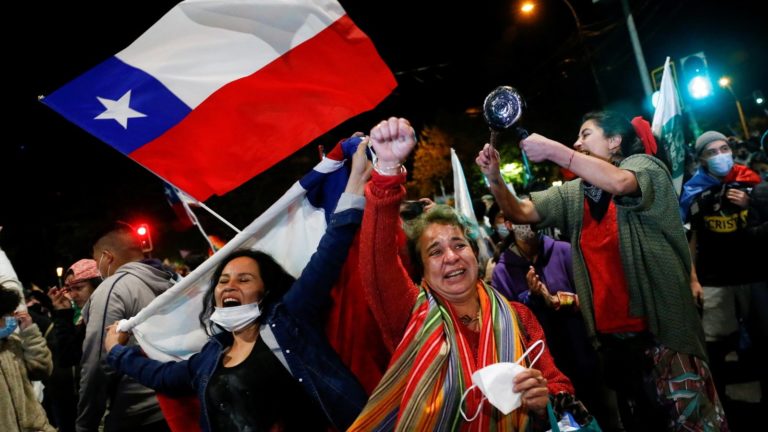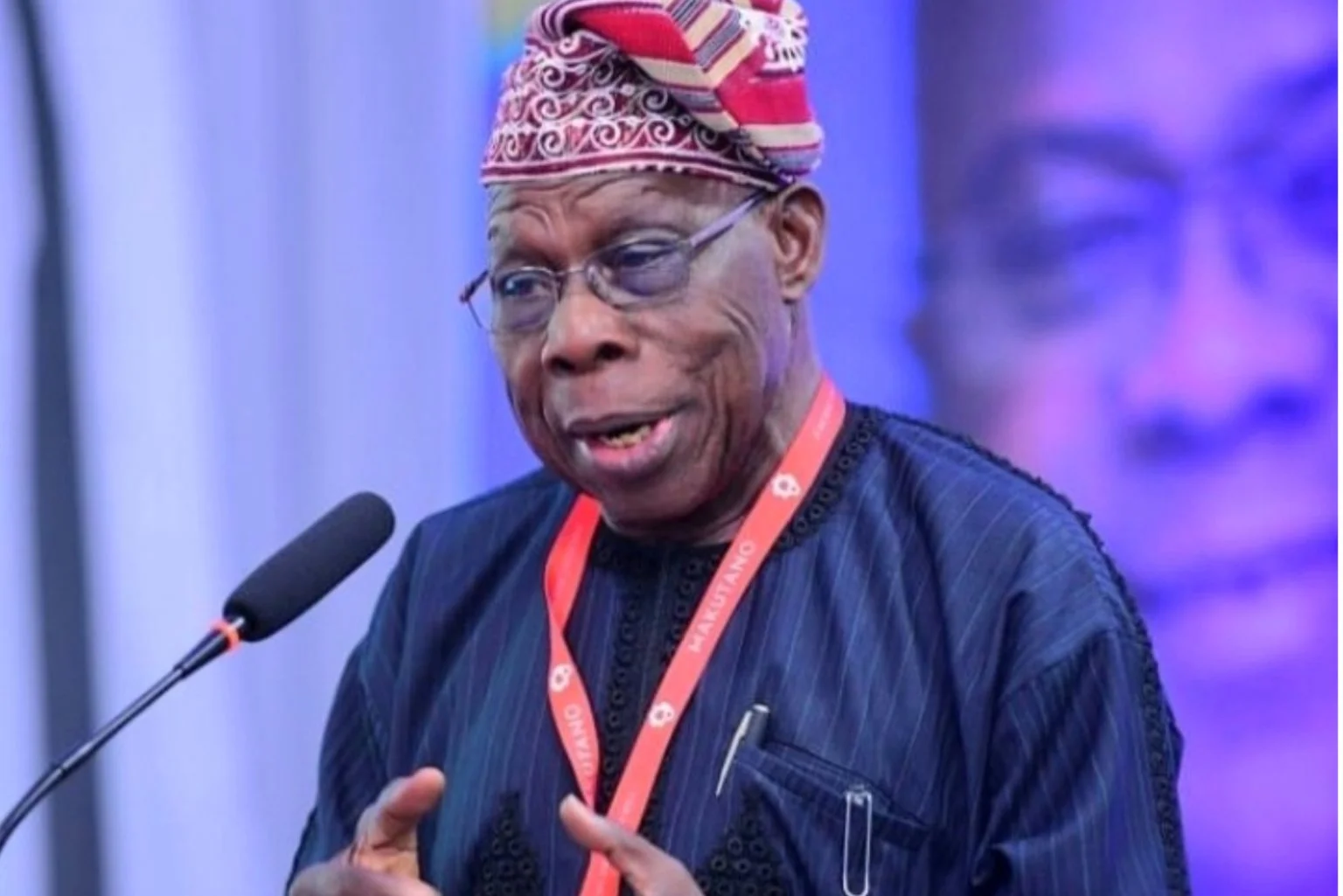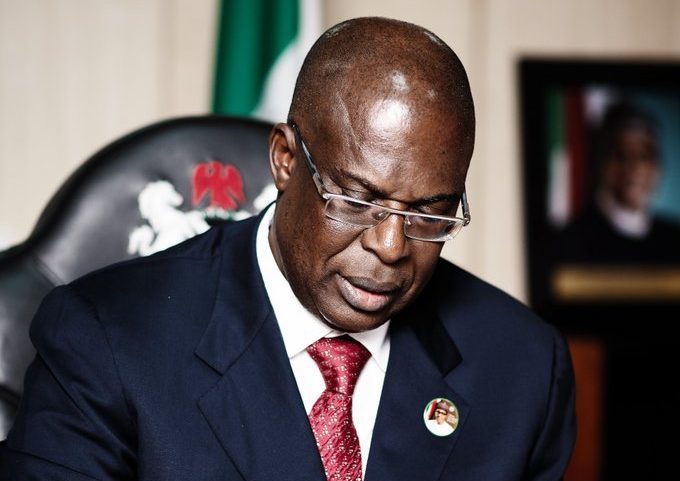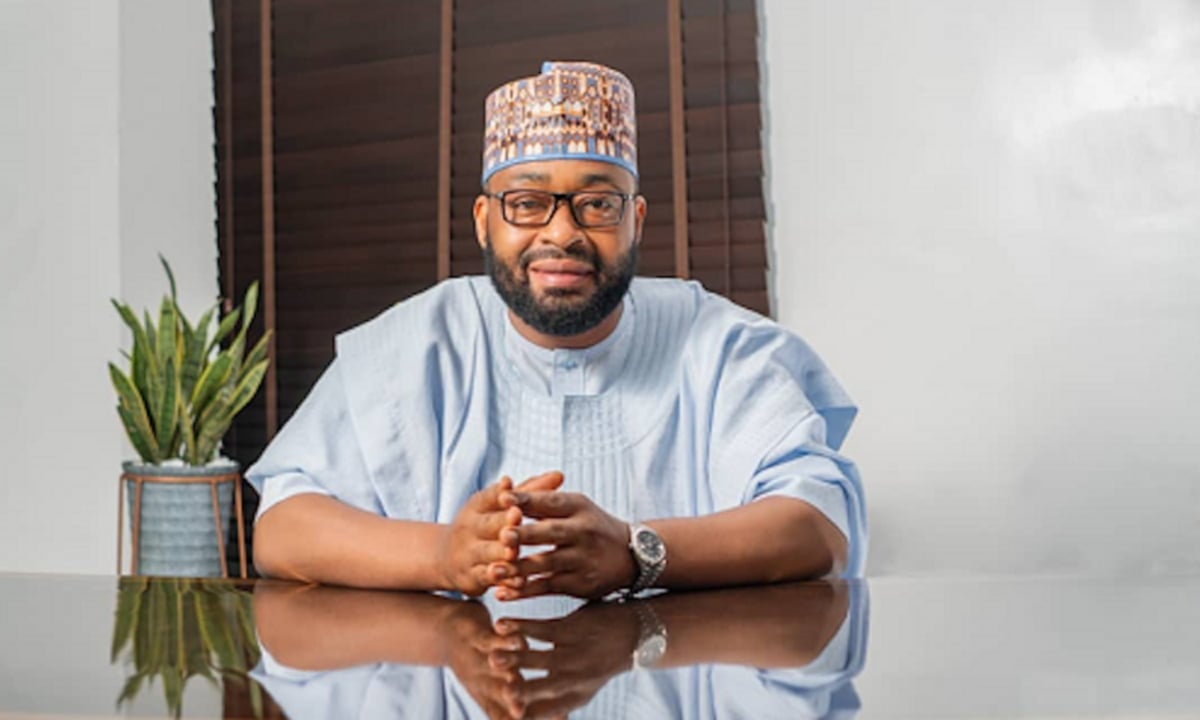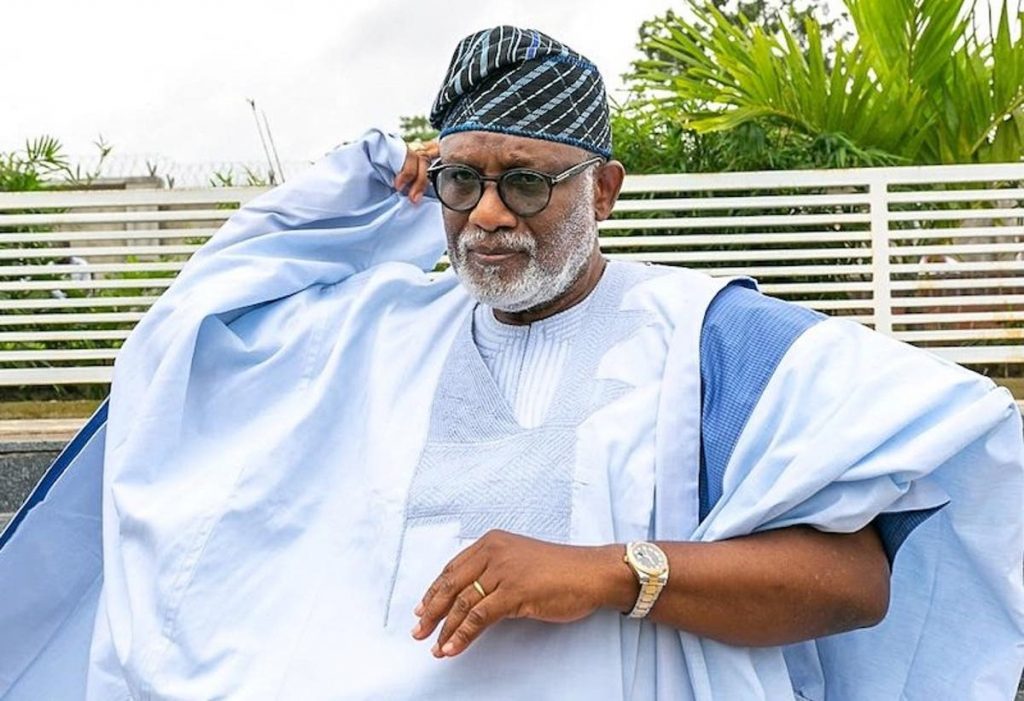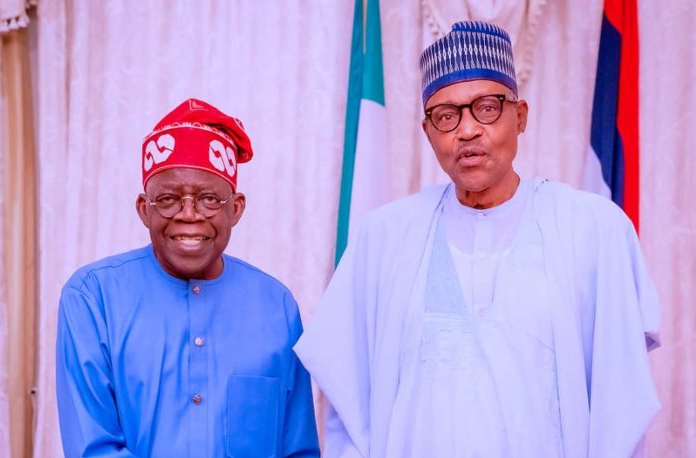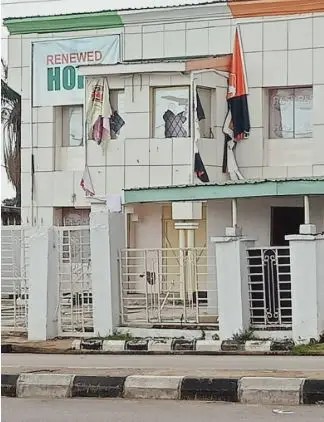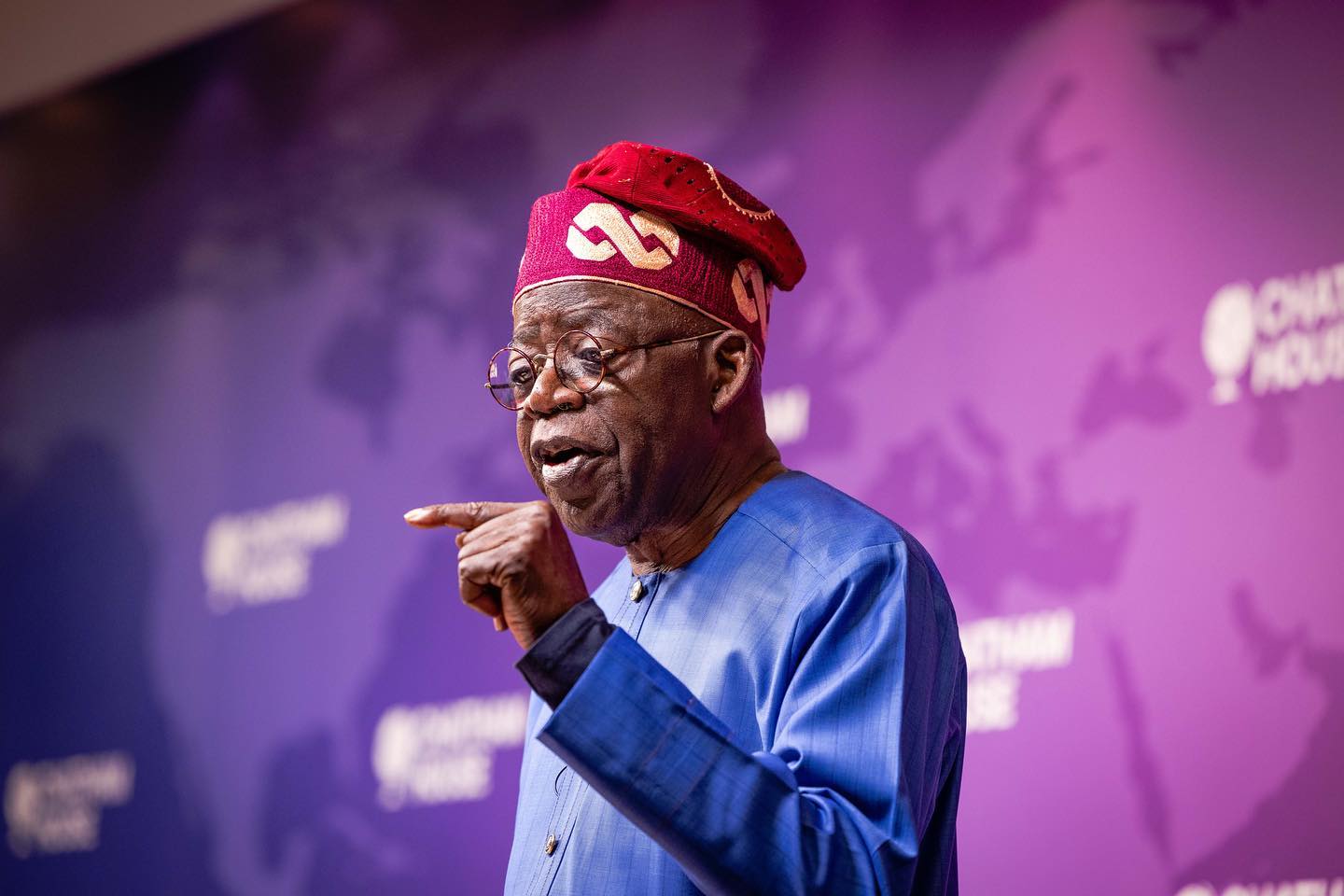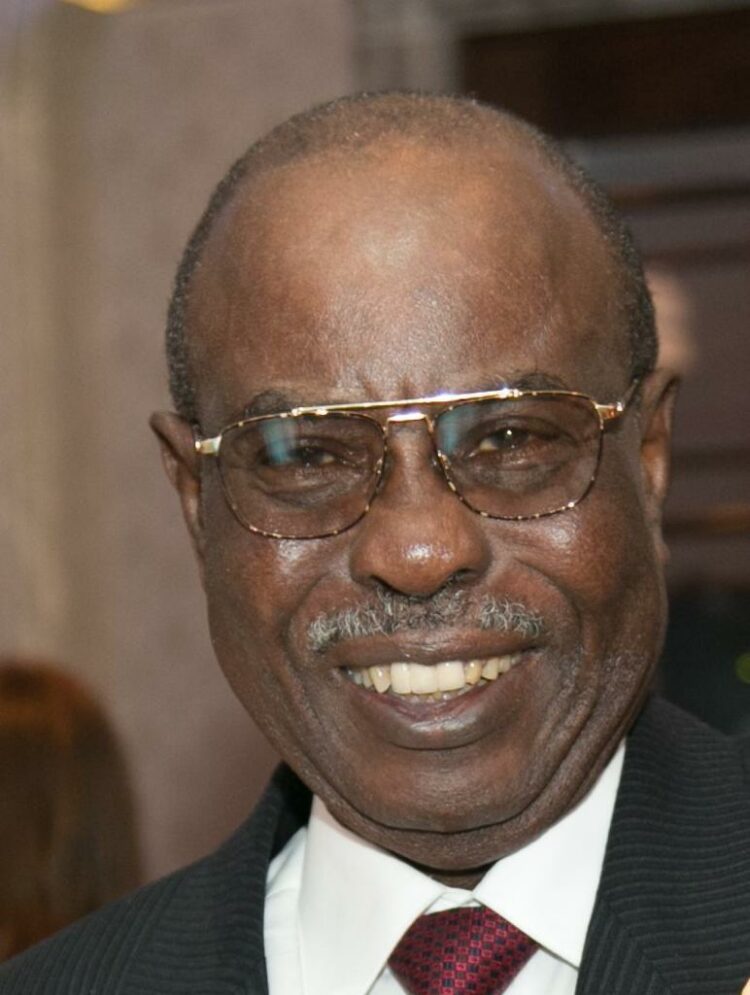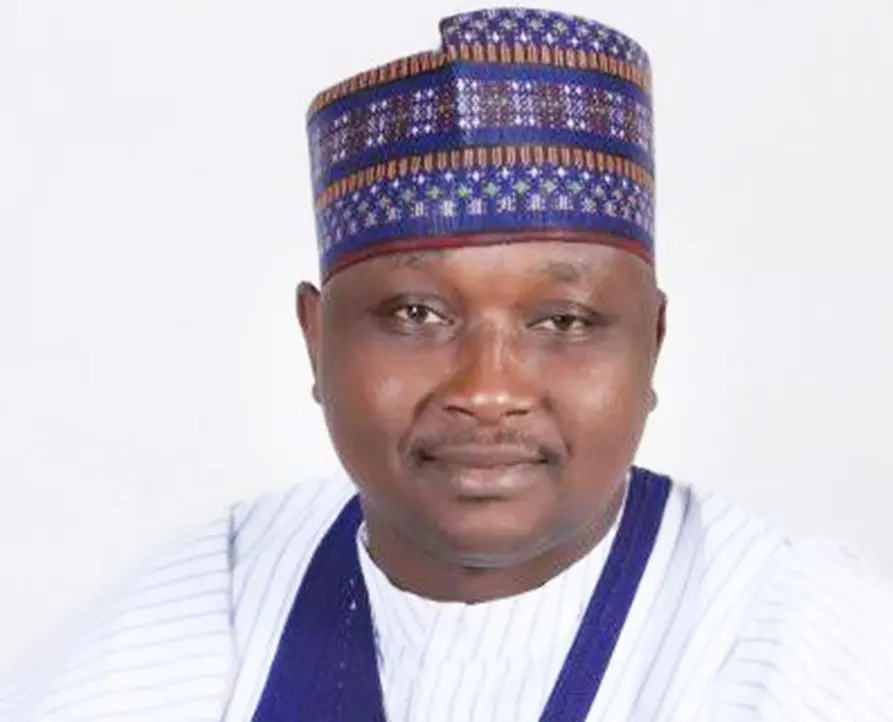Two years after deadly protests that paved the way for Chile to finally shed its dictatorship-era constitution, elections take place Sunday for a new president to take over in a fast-changing political landscape.
Just months after a poll to select a constitution-drafting body saw voters massively reject traditional political parties in charge since democracy dawned 31 years ago, there are now seven candidates to replace the unpopular President Sebastian Pinera.
The contenders cover the entire political spectrum from left to right, with centrists proving the least popular in opinion polls that also revealed half of the 15 million eligible voters to be undecided.
The favorites are Gabriel Boric, 35, of the leftist Approve Dignity alliance which includes the Communist Party, and far-right candidate Jose Antonio Kast, 55, of the Republican Party — each with about a quarter of stated voter intention.
“I have not felt such uncertainty since the 1988 referendum” that ended dictator Augusto Pinochet’s 16-year reign, said Silvia Gutierrez, a 60-year-old nurse from Santiago.
Her family, which had traditionally voted for the same center-left coalition, is “now divided; some on the right, some on the left,” she told AFP.
In what will be their fourth trip to the ballot box in 18 months, Chileans will on Sunday also replace the 155-member Chamber of Deputies and almost two-thirds of Senators.
The new-look Congress will be in place when the country decides in a mandatory referendum next year whether or not to adopt a new constitution.
Read Also: Abortion To Become Legal In Argentina, Chile To Begin Debate
A draft is already in preparation — a concession hard-won when protesters took to the streets in October 2019 to denounce low salaries and pensions, poor public health care and education, and in the words of a recent OECD report, “persistently high inequality” between rich and poor.
This situation was largely blamed on the Pinochet-era constitution, which pundits say has made the country rich through its promotion of private enterprise in all spheres, but at the expense of the poor and working classes.
Dozens of people died in weeks of protests in 2019 that marked Chile’s worst social crisis in decades.
The government finally agreed to a referendum, which one year later saw about 80 percent of voters give the go-ahead for a new constitution to be drawn up by an elected body.
That body, the constitutional convention, was elected in May, when independent candidates, mainly left-leaning, swept the board as voters turned their backs on traditional political parties in a shot across the bow for subsequent elections.
It is not known how, or if, a changed constitution could impact the terms or powers of the new president.
His second, non-consecutive term beset by economic and social upheaval, billionaire Pinera approaches the end of his mandate with record-low approval.
The country’s economic woes have worsened with the coronavirus epidemic, with unemployment up, inflation at six percent, and foreign debt skyrocketing as the demand for social aid and subsidies exploded.
One thing is clear: a large proportion of Chileans want a more interventionist and socially-minded government, better access to public health and education, and a change to the pension system, which is privately administered.
But analysts have also observed a recent rightward swing blamed partly on sometimes violent and arsonist actions by protesters, but also growing concerns about immigration and crime.
AFRICA DAILY NEWS, NEW YORK

